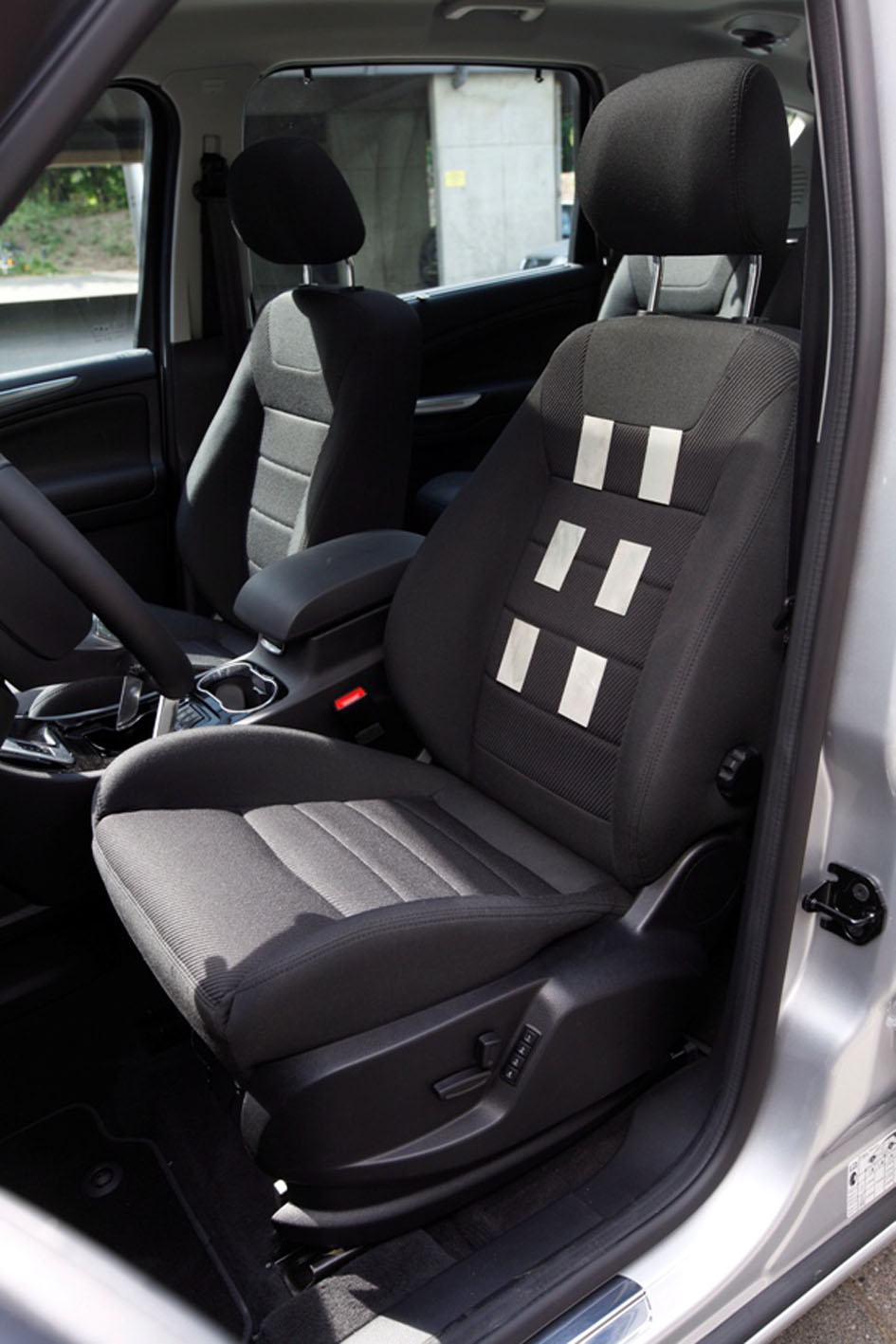Ford car seat technology detects if drivers have heart attacks
Motoring firm working on seat that can tell if someone is suffering a cardiac arrest while behind the wheel


Car manufacturer Ford is developing a car seat that can detect if the driver is having a heart attack and then bring a vehicle safely to rest.
The seat has the potential to cut down the number of car accidents caused by drivers experiencing a cardiac arrest at the wheel, while Ford hopes the seat will persuade more older motorists to buy its cars.
"We observe mega trends, and we observe what customers want and what they will spend their money on," Pim van der Jagt, managing director of the Ford Research Centre, told the Financial Times. "One hundred-year-olds driving cars will not be abnormal in the future."
The seat's development has been undertaken by Ford's European Research Centre in Aachen, Germany, and Rheinisch-Westflische Technische Hochschule (RWTH) Aachen University.
The three-year project to develop the technology found in research that drivers with heart disease are 23 per cent more likely to be involved in accidents. The seat is aimed at aging drivers who are at a higher risk of suffering a heart problem while behind the wheel.
Six sensors embedded in the seat can monitor a driver's heartbeat, even through clothing. The sensors detect the electrical impulses generated by the heart, turning them into signals that can be analysed by medical experts or computer software.
This can link remotely to medical services and safety systems, monitor the real-time health of drivers and even warn them of imminent problems.
Get the ITPro daily newsletter
Sign up today and you will receive a free copy of our Future Focus 2025 report - the leading guidance on AI, cybersecurity and other IT challenges as per 700+ senior executives
If any health issues are detected, automated steering and braking systems can be activated to bring a car safely to a stop.
"The sensors use a very special system and carefully researched materials to be able to give a good signal without contact on the skin," said Dr Achim Lindner, Ford Research Centre medical officer.
"The system will be able to inform if someone is having a cardiovascular issue, for example a heart attack, and could also be used to detect the symptoms of other conditions," said Lindner. "This doesn't only benefit the driver; the roads could be made safer for all users."
The Ford heart rate monitoring seat could provide reassurance for drivers with heart conditions by transmitting the telemetry to experts, who could remotely monitor their condition, Lindner added.
"Although currently still a research project the heart rate monitor technology could prove to be a hugely important breakthrough for drivers, and not just in terms of the ability to monitor the hearts of those known to be at risk," said Lindner.
"As always in medicine, the earlier a condition is detected the easier it is to treat and this technology even has the potential to be instrumental in diagnosing conditions drivers were not aware they suffered."
No date has been given as to when the seat will enter mainstream production.
Rene Millman is a freelance writer and broadcaster who covers cybersecurity, AI, IoT, and the cloud. He also works as a contributing analyst at GigaOm and has previously worked as an analyst for Gartner covering the infrastructure market. He has made numerous television appearances to give his views and expertise on technology trends and companies that affect and shape our lives. You can follow Rene Millman on Twitter.
-
 Cleo attack victim list grows as Hertz confirms customer data stolen
Cleo attack victim list grows as Hertz confirms customer data stolenNews Hertz has confirmed it suffered a data breach as a result of the Cleo zero-day vulnerability in late 2024, with the car rental giant warning that customer data was stolen.
By Ross Kelly
-
 Lateral moves in tech: Why leaders should support employee mobility
Lateral moves in tech: Why leaders should support employee mobilityIn-depth Encouraging staff to switch roles can have long-term benefits for skills in the tech sector
By Keri Allan